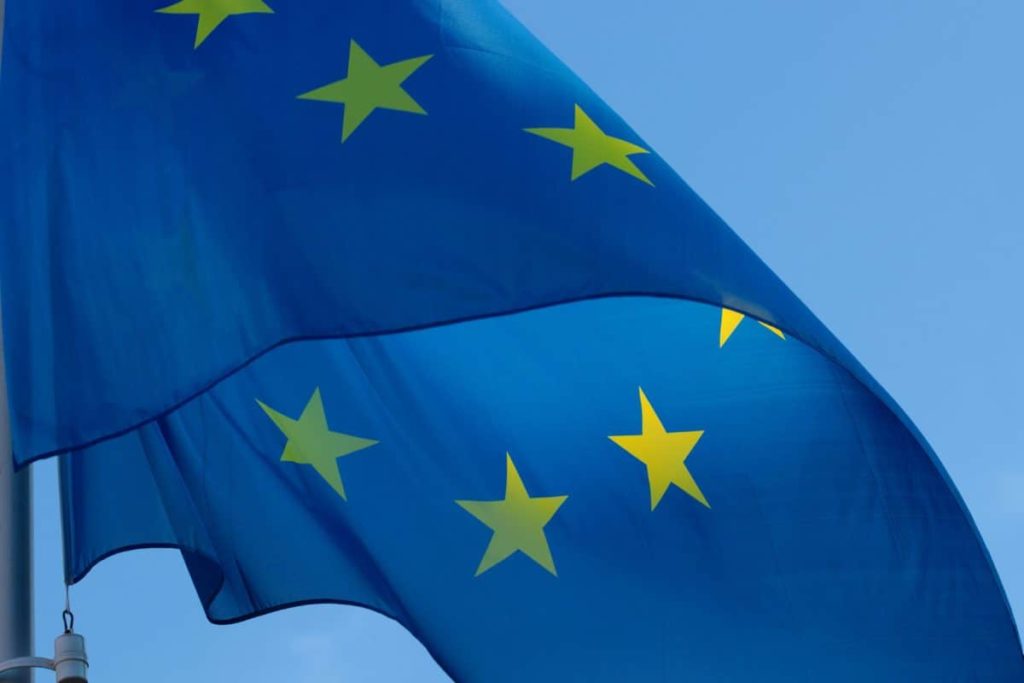Today, May 9th, we celebrate Europe Day, the Day of Peace, on the threshold of a devastating war between Ukraine and Russia. It is, therefore, the appropriate day to write an agenda for the decade. Here are the main topics of this agenda:
1) A new multilateralism is essential, more than ever, for regulated globalization and reinforced multilevel governance, whether to implement the Paris Agreement, humanitarian aid, the energy transition or the effects of war;
2) It is essential to establish a new legal-political order for the digital economy that regulates and penalizes abuses of the dominant position of technological giants, adds additional protection for workers as a result of the profound changes introduced in the labor markets and respects personal privacy of European citizens in accordance with the most basic principles of social justice;
3) A contract of intergenerational solidarity is essential to deal with the demographic winter and the relations between generations and at the same time be attentive to less developed continents and the undeniable human condition of their citizens, migrations and refugees, under penalty of them they returned all their ills to us in a much more aggravated form;
4) It is essential to think of a European Union for Public Health according to the principle that there is only one planet and only one health; the long-term effects of covid 19 and the vaccination plan, the consequences of climate change and the next pandemics, will demand important steps towards a European Agenda for Health;
5) It is essential to address the problem of the new post-covid and post-war European macroeconomic conditionality; if we think that it was necessary to suspend the stability pact and the budget treaty to deal with the effects of the pandemic crisis, if we think about the accumulated budget deficits and public debt, we have here a time bomb ready to explode at any moment; only a joint European debt mutualisation solution seems to respond to this fundamental need;
6) It is essential to take care of the problem of re-industrialization and the eventual confrontation between European champions and national champions; since the European Union wants to promote more industrial and banking mergers and concentrations with the greater objective of creating European champions, we may be on the verge of witnessing a collision between national interests and European interests, regarding, for example, the exceptions and derogations in terms of granting state aid;
7) It is essential to address the problem of the ECB's monetary policy, in particular its declared proactivity with regard to the purchase of public and private financial assets; to what extent will this liquidation of the money market reverse and subvert the expectations of economic agents, especially as a result of the ongoing stagflation, with the rise in the ECB's reference interest rates?
8) It is essential to take care of issues relating to new own resources and the unanimous vote on tax matters, problems of sovereignty and extraterritoriality in matters of tax evasion and fraud, corruption and the protection of the Union's financial interests, which will continue to be on the European political agenda and causing much controversy;
9) It is essential to safeguard Europe's strategic autonomy in terms of Defense and Security in the face of the intersecting effects of the war, but also of the new commercial, financial and technological realignments that result from it; I am referring to the transatlantic relations with the US and the UK, the investment protection agreement with China after the Southeast Asian trade agreement, the new relations with India and the realignments that will fuel many discussions on neoprotectionism and the regionalization of some global value chains;
10) Finally, and in all the cases mentioned, it is essential to take care of the problem of asymmetrical shocks between the member states of the European Union due to the various transitions underway, but also as a result of hasty political decisions about the next enlargements; this is a very serious problem that needs to be properly addressed at European level, as serious political divisions can be created which increase the number of reluctant member states, which make new exits inevitable and, in particular, cohabitation between liberal democracies and illiberal democracies within the Union can become unbreathable.
Final grade
In this decade that ends in 2030, it is essential that we can safeguard the European project and its political legitimacy, that we do not allow European politics to be balkanized, as it is the only actor in the international community that can still play in the various boards that we have mentioned.
Post-World War II liberal multilateralism is coming to an end, and there will be no lack of misunderstandings and misunderstandings for us to approach the precipice of a third world war.
We all hope that common sense and moderation will prevail and that the hope of politics and the politics of hope will win the cause throughout this third decade of the XNUMXst century.
Author António Covas is a Retired Full Professor at the University of Algarve




















Comments